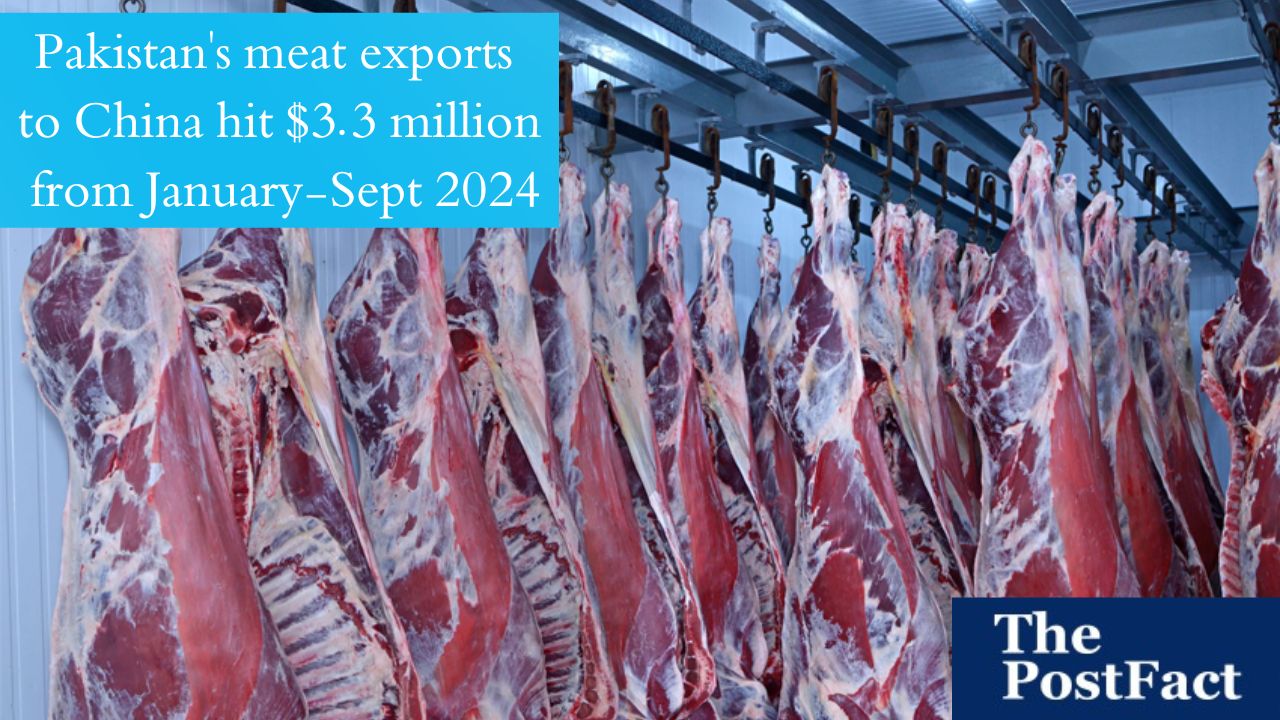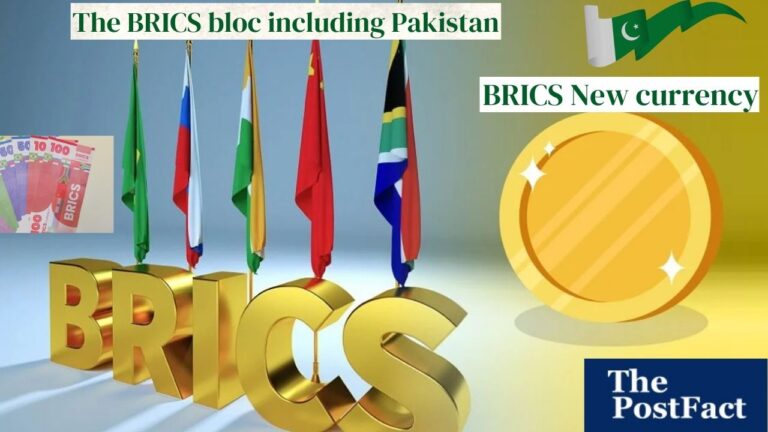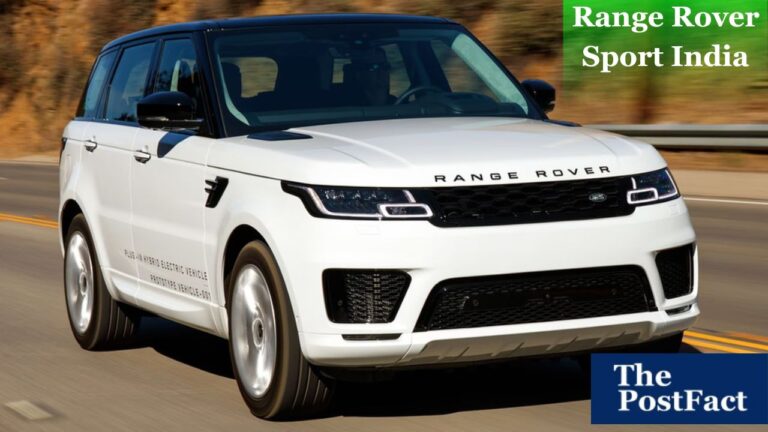Pakistan Meat Export to China Hit $3.3 Million in the First Nine Months of 2024
Chinese markets are constructing demands for meat import and Pakistan meat export industry is successfully tapping into this international growth with companies like Organic Meat leading the charge. Pakistan, alongside Khunjerab Pass as an easily accessible transport route, has tremendous import potential.
This demand and further plans Invest in further plans and initiatives to integrate with international food companies to increase their competitive edge. Factors affecting the structure of the market include sustainability as there is a lack of animal welfare standards as well as importing countries potentially becoming self-sufficient.
This surge in demand along with increasing disposable income in China is increasing the standards in meat quality to be met which will eventually increase penetration rates for aspiring market players.
In the first seven months of 2024, China imported more than 90% of boiled beef which seems to have replaced every other meat product. This rise in demand of boiled beef by the Chinese world is just their expression – their craving to eat meat that is organic and is not filled with steroids.
As per Dr Ikram who is associated with the ministry of national food measures, Pakistan too is looking into trading donkey meat and hides with China. He has also mentioned that processed hides will be available in a gwadar coming up slaughter house which will be a donkey dedicated one. Having said that, the gwadar facility will produce meat and gelatin from donkey skin as well.
The pattern of fog between China and Pakistan does not seem to end anytime soon as both the nations wish to expand their economies and seek newer ways of aid. This is where china looking for organic meat is a good market for the meat providers around the globe to consider.
Pakistan’s Export Priority of Food Security
The exports of meat by Pakistan to China have increased over the years, and a key factor behind this phenomenon is the overriding emphasis on food security. For the first three quarters of the year 2024 total exports to the state grew by 4 percent as compared to the previous year due to high international demand coupled with enticing local prices.
The escalating requirements for quality meat are also spurred by the growing interest among the Chinese consumers to try new and different dishes. Meat production such as beef and mutton which Pakistan has great expertise in has become highly appealing to the Chinese consumers according to Ghulam Qadir who deals with trade and investment at the Pakistan High Commission in Beijing. This is not a passing trend as many sociologists claim, but rather an element of a deeper strategic policy of China to broaden import of food stuffs and reinforce food safety.
Furthermore, the policy measures taken by the state are facilitating the growth of the beef and dairy sector of Pakistan. For instance, the Ministry of Agriculture has recently started a national research initiative on the industrial breeding of cows and their milk processing technologies. This initiative would raise the efficiency of cows and would lower the levels of cow milk in wholsale.
Nonetheless, low exports are still only a fraction of that, owing to the general protectionism and bad business environment in Pakistan. High tariffs have the unintended effect of encouraging firms to replace exports with production for the local market thereby restricting them from enlarging their global sales.
La China es la que impone los estándares de calidad.
Pakistan’s meat export sector is going through dramatic changes that are propelled by high demands for frozen boiled meat especially in China. Being located near China and with strict regulations on livestock it is easy to understand why China has a deep interest in Pakistan which is looking for foot and mouth disease free foodstuffs. One of Pakistan’s top exporters, The Organic Meat Company Limited, was also recently at the forefront in increasing output following the high demand from China.
“Chinese people are becoming more daring in the dishes they are eating and some have started expressing interest in high-quality meat from Pakistan,” said Ghulam Qadir, Trade and Investment Counsellor at the Pakistan Embassy in Beijing. This is in tandem with the larger preferences of the Chinese government. In efforts to ensure food security, the government intends to widen its range of food suppliers.
The Ministry of National Food Security and Research has reported that by the end of this year, Pakistan is considering commencing the export of donkey hides to China. The hides are highly sought after in China, where they are used to produce Ejiao, a traditional medicinal remedy. Furthermore, a new donkey specific slaughterhouse is being constructed in Gwadar to export the hides and meat to China. This structure will ensure that the demand of the local market would not be disturbed as a result of these exports. The slaughterhouse will also include facilities for ostrich meat, which is also a very popular meat item in China.
Nations always have some Natural opportunities, Pakistan’s location intersects with one of them
Pakistan’s location makes it convenient for Pakistan to expand its meat exports. In addition, the government has put policies in place to expand export potential, while Pakistani producers of meat have proved to be able to comply with the necessary standards set forth by the People’s Republic of China.
Retaining the high cost of meat exports, particularly the cost of transportation remains a major challenge for Pakistan’s meat exports. In addition, the restriction of Chinese food laws adds to the complication. Even the inadequate infrastructure, ineffective transportation services, tariffs and non tariffs, along with the administrative measures set by the government act as a barrier towards the increase of exports.
However, there is a chance that Pakistan’s closeness to China will help it reach new markets. Pakistan’s location favors and its stringent livestock health standards makes it a good candidate for meat and meat products supply – such as frozen boiled beef. Also CPEC projects are adding a sounder transport system.
Despite these projections, Pakistan’s actual exports are significantly lower than anticipated. This is in part due to the country’s general trade Rahmen policy lidiant and poor investment environment which hinders effective global value chains integration as well as the growth chances of most of the growth opportunities. Also, selling domestically instead of competing in foreign markets is encouraged in firms because of the high import duties. This can partially explain the reason as to why there has been no change in Pakistan’s revealed comparative advantage (RCA) from 2005 to 2016.







